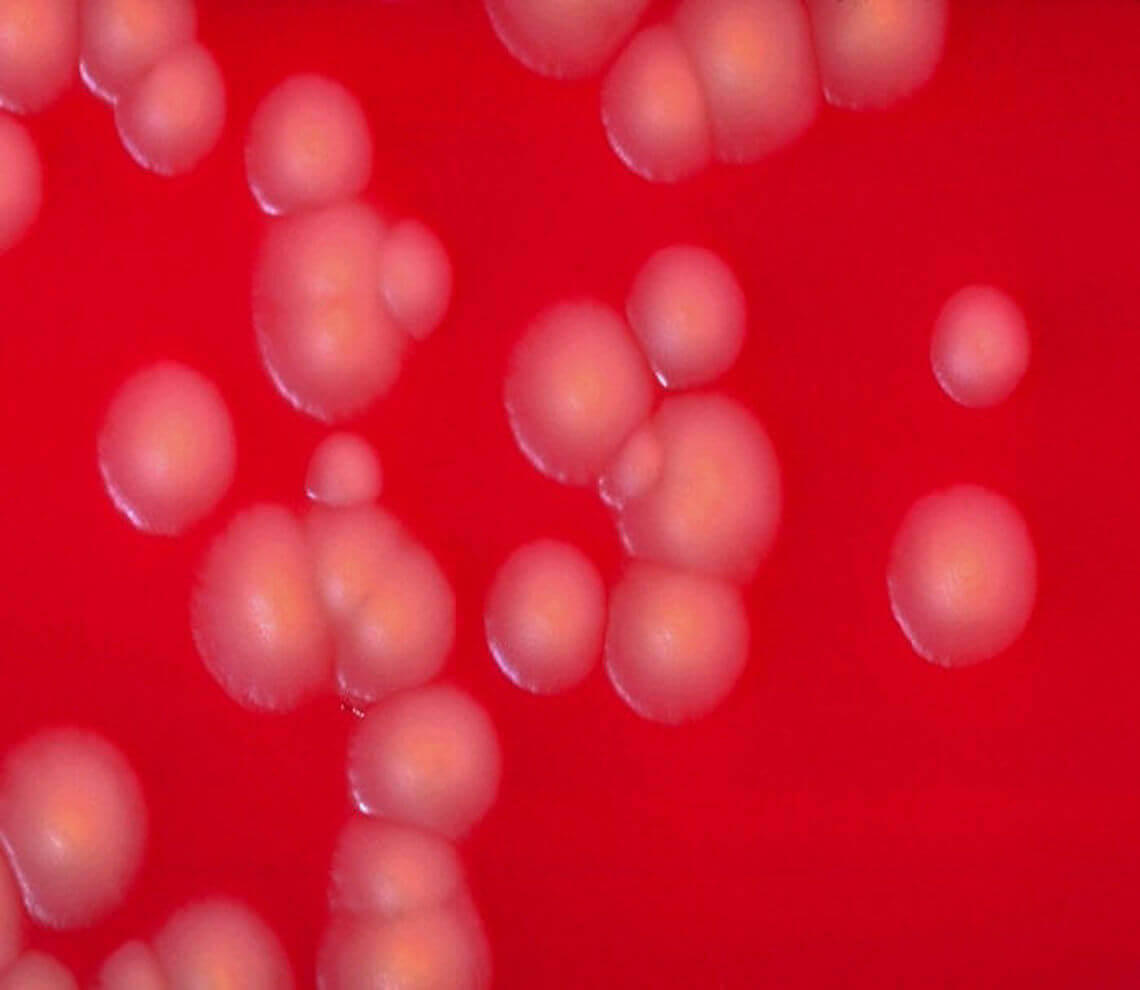- Our Suppliers
- MBS Monoclonals
- MOUSE Anti-KINETOPLASTID MEMBRANE PROTEIN 11 Antibody
Product short description
Price:
923 EUR
Size:
500ul
Catalog no.:
GEN210111
Product detailed description
Concentration
N/A
Purification method
N/A
Immunoglobulin isotype
IgG1
Clone
L-157
French translation
anticorps
Category
Antibodies
Clonality
Monoclonal
Latin name
Mus musculus
Subcategory
Mnoclonal antibodies
Host organism
Mouse (Mus musculus)
Gene name
N/A; KMP-11; N/A; KMP-11; LPGAP
Gene name synonims
N/A; KMP-11; N/A; KMP-11; LPGAP
Other gene names
N/A; KMP-11; N/A; KMP-11; LPGAP
Form/Appearance
Ascites (Ascites - lyophilised)
Also known as
KINETOPLASTID MEMBRANE PROTEIN 11
Tested applications:
ELISA (EIA), Immunoblot (IB), Immunofluorescence (IF)
Other names
Kinetoplastid membrane protein 11; Kinetoplastid membrane protein 11; N/A; N/A; Lipophosphoglycan-associated protein
Properties
If you buy Antibodies supplied by MBS Monoclonals they should be stored frozen at - 24°C for long term storage and for short term at + 5°C.
Species reactivity
Protozoan; Due to limited knowledge and inability for testing each and every species, the reactivity of the antibody may extend to other species which are not listed hereby.
Test
Mouse or mice from the Mus musculus species are used for production of mouse monoclonal antibodies or mabs and as research model for humans in your lab. Mouse are mature after 40 days for females and 55 days for males. The female mice are pregnant only 20 days and can give birth to 10 litters of 6-8 mice a year. Transgenic, knock-out, congenic and inbread strains are known for C57BL/6, A/J, BALB/c, SCID while the CD-1 is outbred as strain.
Description
This antibody needs to be stored at + 4°C in a fridge short term in a concentrated dilution. Freeze thaw will destroy a percentage in every cycle and should be avoided.Associated membrane protein types are lipopolysaccharide selective barriers. Biological membranes include cell membranes, outer coverings of cells or organelles that allow passage of certain proteins and nuclear membranes, which cover a cell nucleus; and tissue membranes, such as mucosae and serosae.
Storage and shipping
Prior to reconstitution Keep the antibody refrigerated at +4 degrees Celsius. Temperature variations in the range between +1C to +7C are tolerable. After reconstitution For optimal long term storage, the antibody should be kept at -20 degrees Celsius. Storage in frost-free freezers is not recommended. the antibody should be stored undiluted. Repeated freeze - thaw cycles may denature the peptide chains of the antibody and therefore should be maximally avoided. If there is a precipitate in the vial we recommend you to briefly microcentrifugate it prior to use. Shelf Life: 12 months from date of reconstitution.
Specificity and cross-reactivity
KINETOPLASTID MEMBRANE PROTEIN 11 Kinetoplastid Membrane Protein-11 (KMP-11), previously known as the lipophosphoglycan-associated protein (LPGAP), is an 11 kDa membrane protein. Clone L-157 was originally derived against Leishmania donovani lipophosphoglycan, but found to recognise the tightly associated LPGAP. KMP-11 is found in a wide variety of Kinetoplastid parasites including African trypanosomes, Leishmania and Crithidia.; Since it is not possible to test each and every species our knowledge on the corss reactivity of the antibodies is limited. This particular antibody might cross react with speacies outside of the listed ones.
© Copyright 2016-Tech News . Design by: uiCookies

